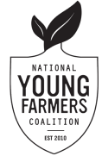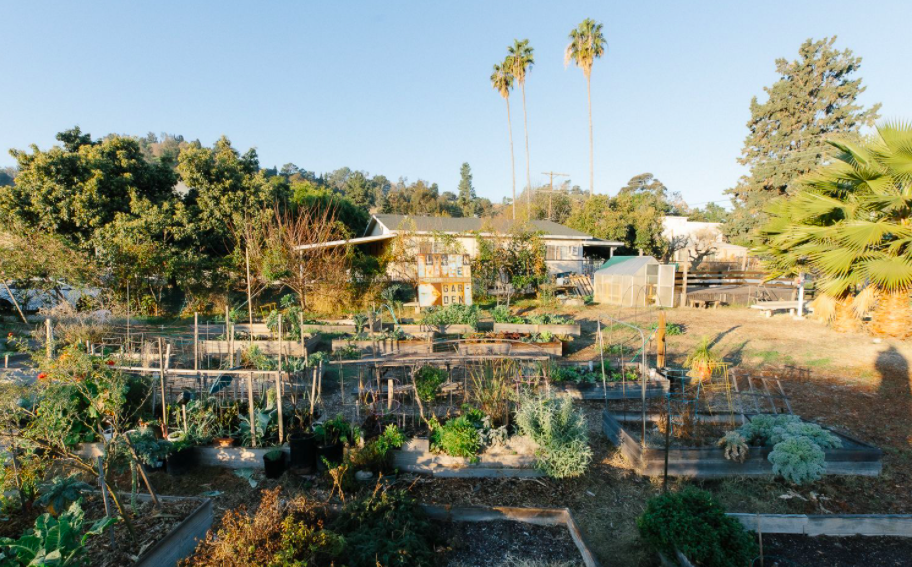
Hi everyone, this is Holly, land campaign director at the National Young Farmers Coalition.
First, a big thanks to those of you who took our land access mini survey! Eighty-eight of you responded and shared your land challenges, the policy goals you’re passionate about advocating for, and how you want to show up for farmland justice. We’re excited to have you join our land campaign and look forward to sharing regular, short updates with you as we grow our network and build power for policy change.
In reviewing the survey results, one thing really stood out—protecting farmland is a policy priority for a lot of you. This was true for current farmers, aspiring farmers, and respondents who identify as BIPOC, LGBTQIA+, and as veterans. Honestly, that surprised me. I believe that farmland protection has incredible potential to shift power and wealth, and it has been the focus of our work at Young Farmers for many years. But it is also complex, the policy solutions are esoteric, and the results are slow.
Farmland protection is the reason that I got involved in advocacy work. I was dismayed to see house after house being built on the farmland near where I live in upstate New York and I wondered who was doing something about it. That questioning led me to learn more about private land trusts and public agencies across the country that were utilizing a tool called the conservation easement. (Read more about easements and other commonly-used farmland protection terms in our glossary.)
In short, a conservation easement works by changing the deed to the land so that it can’t be built up for housing or otherwise developed. Most often, this change is made in perpetuity, so that land is protected from development forever. But a lot of the easements that were being placed on farmland were doing just that, protecting it from development, without protecting it for farmers. In other words, the land couldn’t be built up, but it didn’t necessarily have to stay in farmer ownership or in active production. In an extreme example, Madonna bought protected farmland on Long Island as the price of other protected parcels there rose above $20,000 per acre…
Deep inequities exist in land access and ownership across the country, and it is important to note that land protection has the potential to perpetuate these disparities by funneling public dollars to current—vastly white, cis-male—landowners while the price of property continues to rise further and further out of reach for growers.
Our work around farmland protection at Young Farmers has been about two things: (1) encouraging the land conservation community to use new tools and resources to protect farmland for farmers by using stronger easements and additional strategies; and (2) advocating for public funding for this essential work. This work has taken us around the country, connecting with land trusts, holding workshops, and training farmers.
On the policy side, we have worked with legislators to include support for farmland protection in the federal farm bill through the Agricultural Conservation Easement Program (ACEP), specifically ensuring that dollars would encourage landowners to utilize easements that keep farmland affordable and by creating opportunities for land conservation orgs to use funds more creatively to help farmers compete with non-farmer buyers. We have also helped pass legislation in New York that makes state funding available for projects that protect affordability for farmers, and supported advocacy efforts in California that would use farmland protection dollars to specifically facilitate access to land for BIPOC farmers.
We acknowledge and work to address the tension in farmland protection. As it has predominantly been implemented, land conservation does not address reparations, rematriation, or land justice. And easements can perpetuate deep and lasting harm to Indigenous communities. But that doesn’t have to be true. New Communities in Georgia was founded as a collective farm to empower African American families and is widely recognized as the first community land trust. Numerous newer organizations, such as the Northeast Farmers of Color Land Trust, Minnow, Native Land Conservancy, and Agrarian Trust, are utilizing the tools of farmland protection to facilitate land return to Indigenous people, prioritize access for BIPOC farmers, and create new models of ownership in common that move away from the commodification of land. We believe the work of these organizations is at the heart of a just and sustainable farm future and that policy should support it.
I am glad to know that so many of you share the feeling that protecting farmland for farmers, equitably, is critically important. We are facing a major moment of land transition and development of farmland continues to result in the loss of thousands of acres a day. I look forward to working with you to share your stories and continue pushing policymakers and organizations to protect farmland in ways that address past harm and facilitate secure, equitable access to land.
Stay tuned for more land dispatches from our team.
Our Land Campaign Team
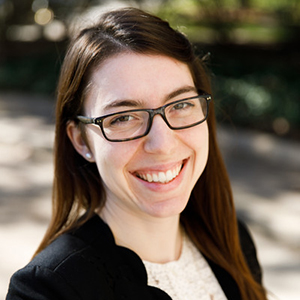
Holly Rippon-Butler, Land Campaign Director, she/her, living and working on Mohawk, Mohican, and Abenaki land. Holly has been leading the Coalition’s land work since 2014 – including working with the land conservation community, advocating for state and federal policy change, creating farmer resources and trainings, and publishing guides and reports. Outside of Young Farmers, Holly works part-time on her family’s dairy and beef farm in upstate New York.
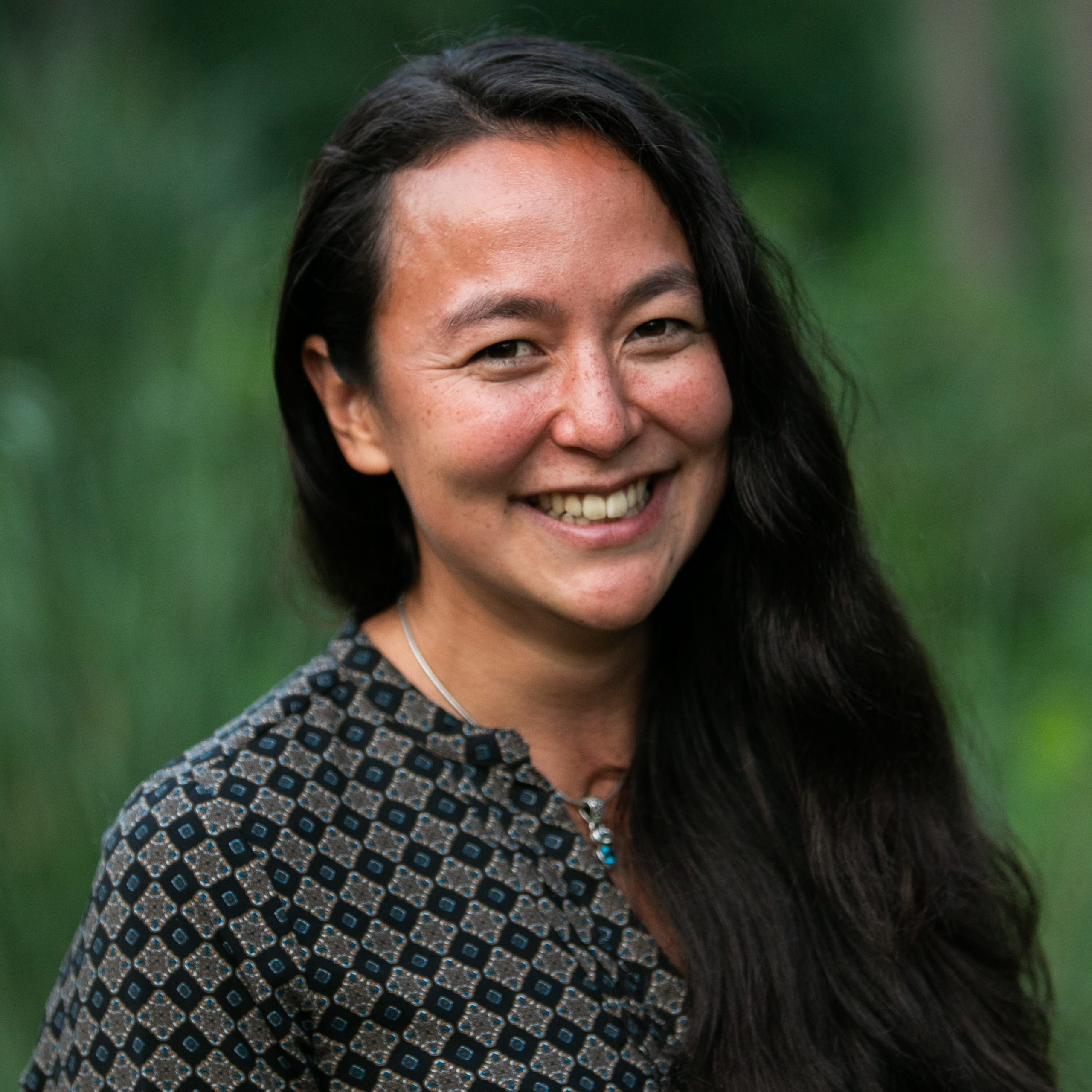
Katherine Un, Organizing and Advocacy Director, she/her, living and working on Methow land. Katherine’s role at the Coalition is to find creative ways to connect young farmers to power in the movement for a sustainable and just farm and food future. On her off-time, she trains and rides horses in the beautiful Pasayten mountains.
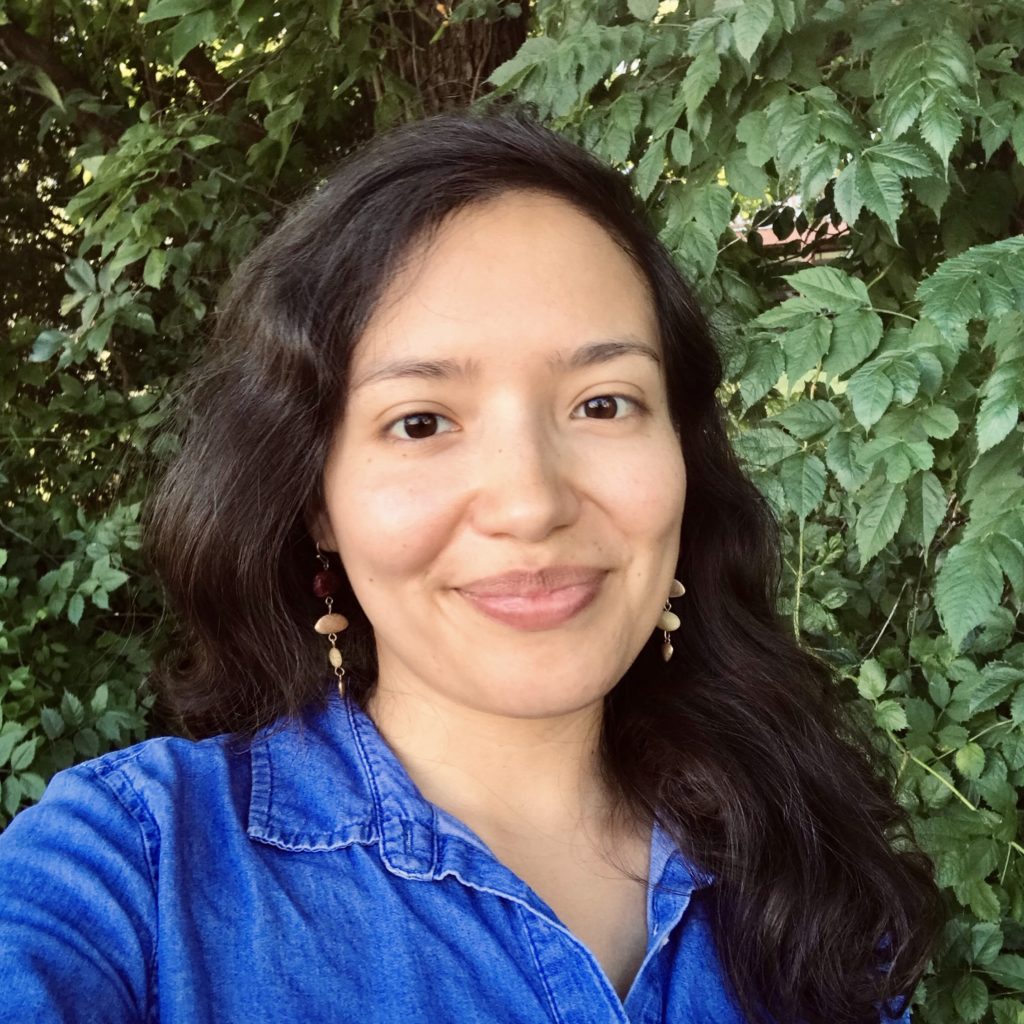
Connie Fiorella Fitzpatrick, Land Campaign Organizer, she/they, is a native Peruvian womxn living and work on Kansa, Osage, and Kickapoo land. She has worked as a seasonal farmer assistant and harvester for ten years in eastern Kansas. Some of her collaborative work includes the development of The Douglas County Food System Plan adopted in 2017; planning the Ethnic Food Retail Study with the Douglas County Food Policy Council and The University of Kansas 2016-2019; and assisting with the City of Lawrence-Douglas County KS—Climate Plan. She has served on the Douglas County Food Policy Council from 2017 to 2020 and is currently the Research Intern for the Douglas County Sustainability Office.
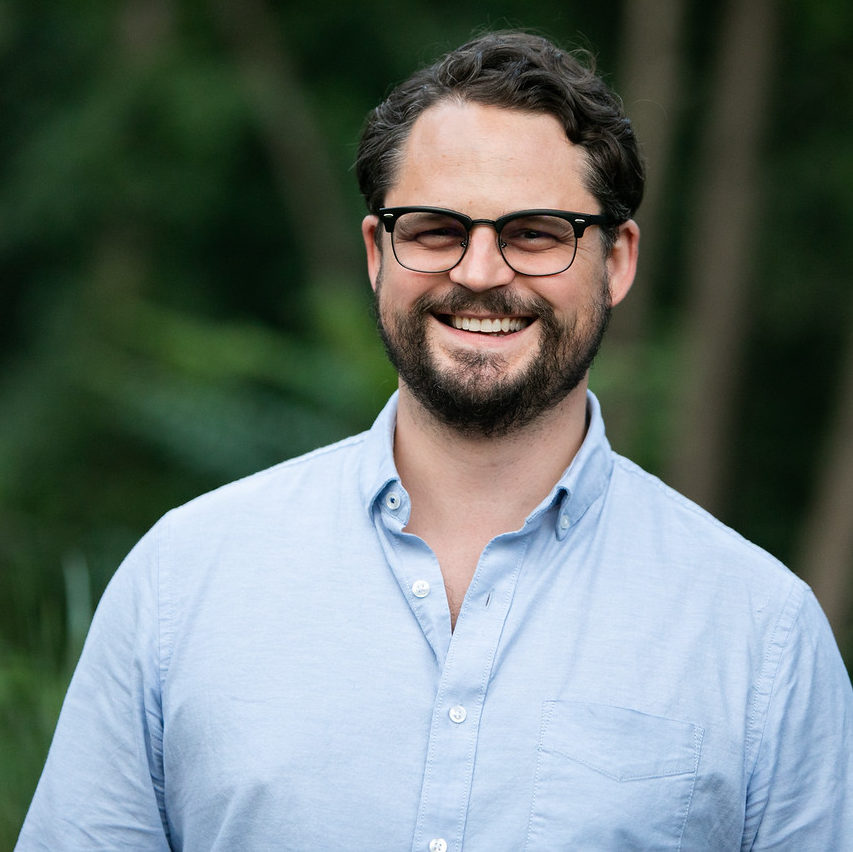
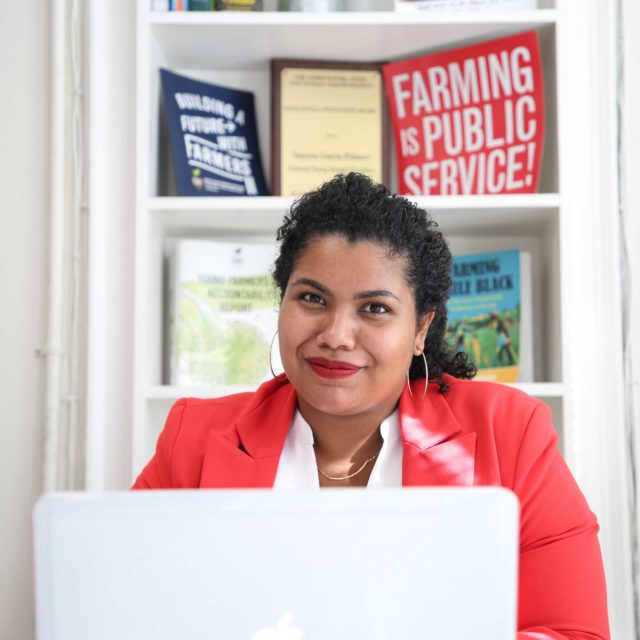
David Howard, Policy Campaigns Co-Director, he/him, living and working on Munsee Lenape land. David engages young farmers across the country, providing advocacy training, collaborating to build policy campaigns, and organizing with them to tell their stories to policymakers. Before joining Young Farmers, David served on former Iowa Senator Tom Harkin’s staff and in the Obama Administration under Secretary Tom Vilsack.
Vanessa Garcia Polanco, Policy Campaigns Co-Director, she/her, living and working on Nacotchtank (Anacostan) and Piscataway land. Vanessa co-designs the strategy and implementation of Young Farmers’ policy campaigns, ensuring we are pursuing and advocating for equity-driven, farmer-centric research, policy, and programmatic interventions. She serves as the organizational council member and co-chair of the Farming Opportunities & Fair Competition Committee of the National Sustainable Agriculture Coalition. She has previously worked with Food Solutions New England, the U.S. Department of Agriculture, Michigan State University Center for Regional Food Systems, University of Rhode Island Cooperative Extension, and the Executive Office of Michigan Governor Gretchen Whitmer. She is an alumna of Michigan State University and the University of Rhode Island. She is a James Beard Foundation Scholar, AFHVS Innovation Leader, and an Emerging Leader in Food and Agriculture. As an Afro-Dominican immigrant, she brings her experiences and identities to her policy and advocacy activities.
